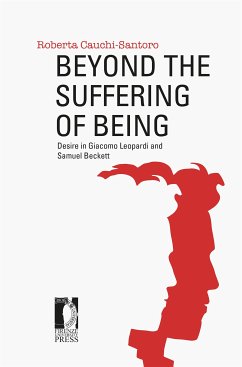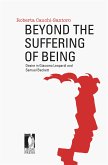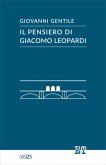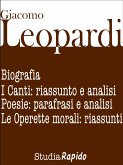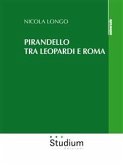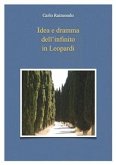This book challenges critical approaches that argue for Giacomo Leopardi's and Samuel Beckett's pessimism and nihilism. Such approaches stem from the quotation of Leopardi in Beckett's monograph Proust, as part of a discussion about the removal of desire. Nonetheless, in contrast to ataraxia as a form of ablation of desire, the desire of and for the Other is here presented as central in the two authors' oeuvres. Desire in Leopardi and Beckett is read as lying at the cusp between the theories of Jacques Lacan and Emmanuel Levinas, a desire that splits as much as it moulds the subject when called to address the Other (inspiring what Levinas terms ‘infinity' as opposed to ‘totality,' an infinity pitted against the nothingness crucial to pessimist and nihilist readings).
Roberta Cauchi-Santoro is a lecturer at the University of Guelph (Ontario, Canada) and the University of Waterloo (Ontario, Canada). Since September 2013, she has been teaching European Studies and Italian Studies at the School of Languages and Literatures at the University of Guelph. In January 2015 she also started teaching at the Department of Italian and French Studies at St. Jerome's University (University of Waterloo). She has published several articles on various aspects of Anglo-Italian literary relations.
Roberta Cauchi-Santoro is a lecturer at the University of Guelph (Ontario, Canada) and the University of Waterloo (Ontario, Canada). Since September 2013, she has been teaching European Studies and Italian Studies at the School of Languages and Literatures at the University of Guelph. In January 2015 she also started teaching at the Department of Italian and French Studies at St. Jerome's University (University of Waterloo). She has published several articles on various aspects of Anglo-Italian literary relations.

